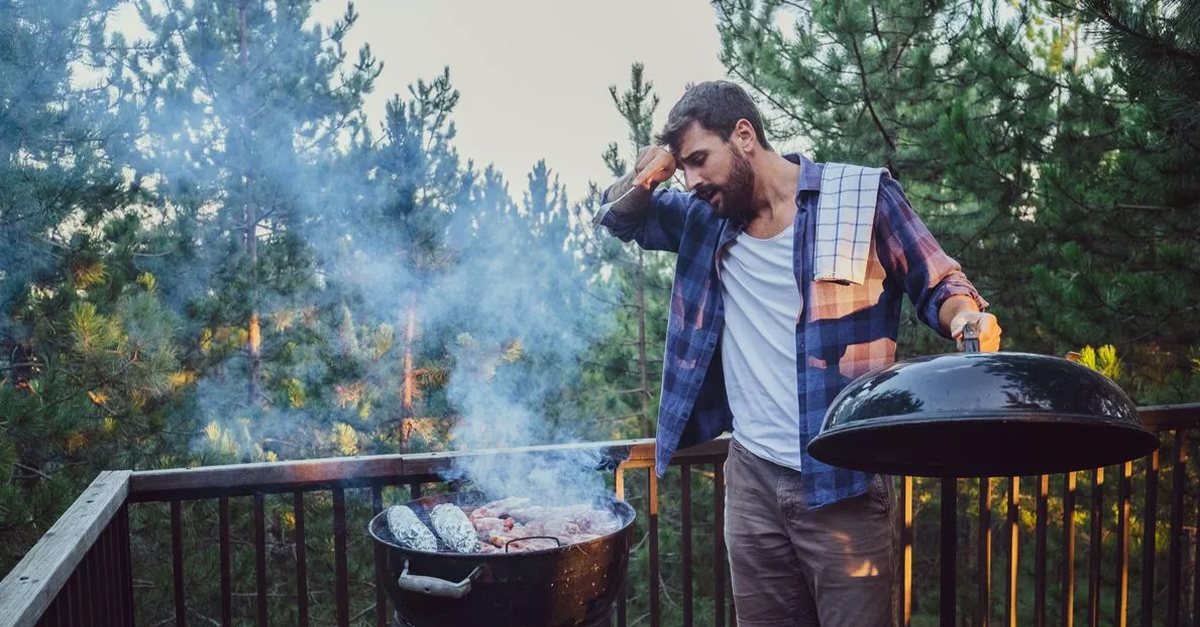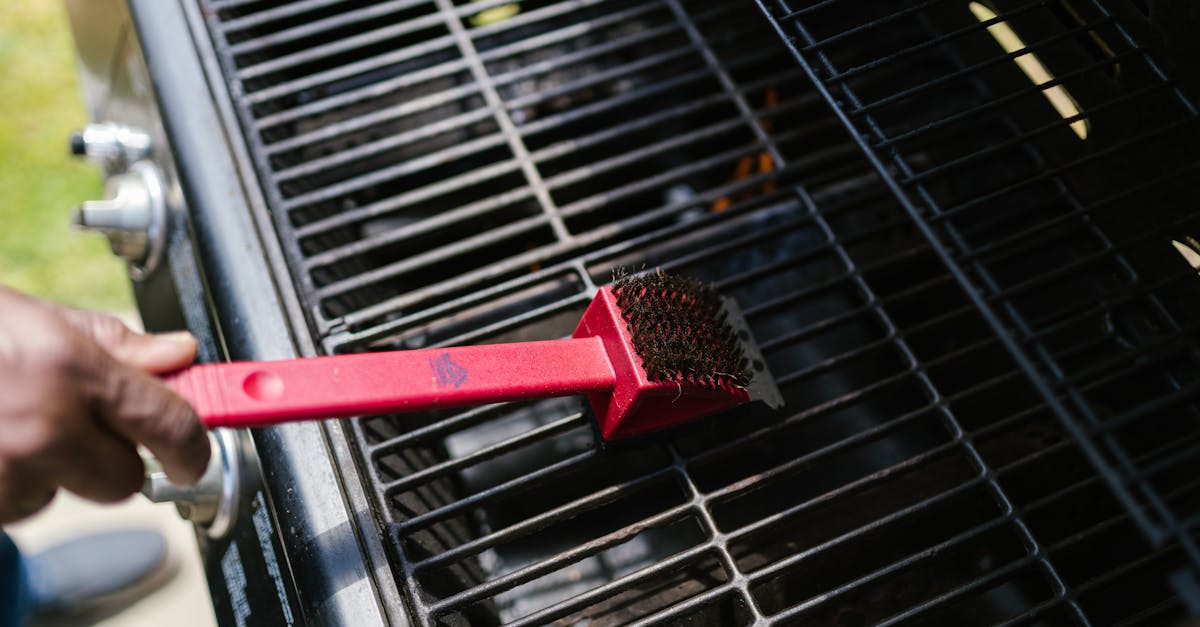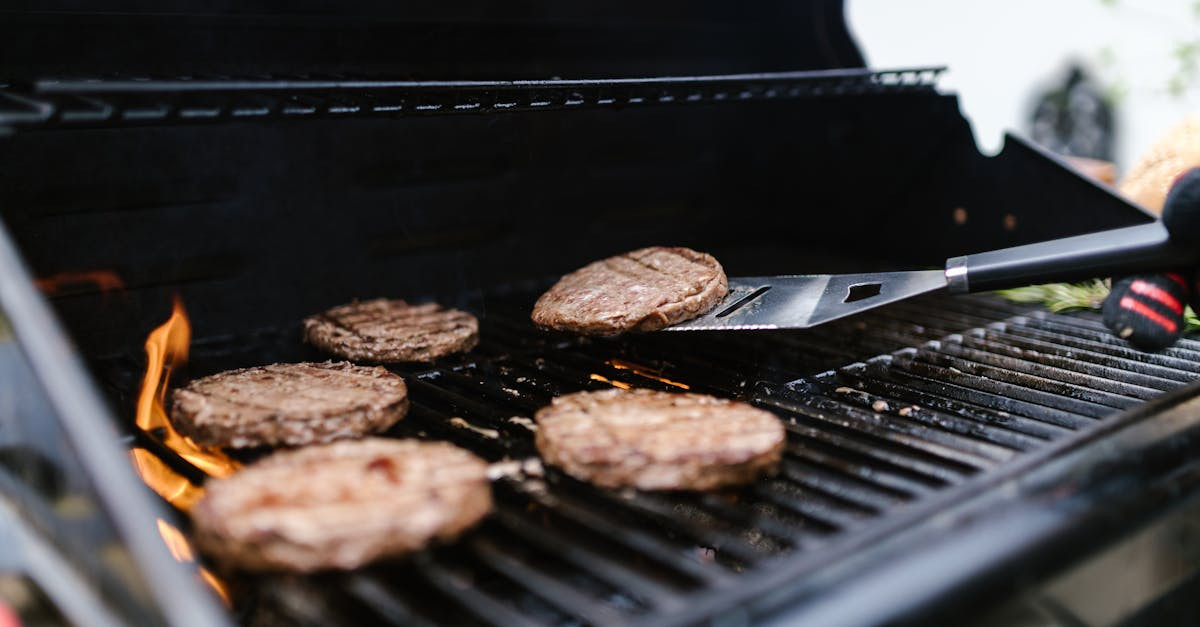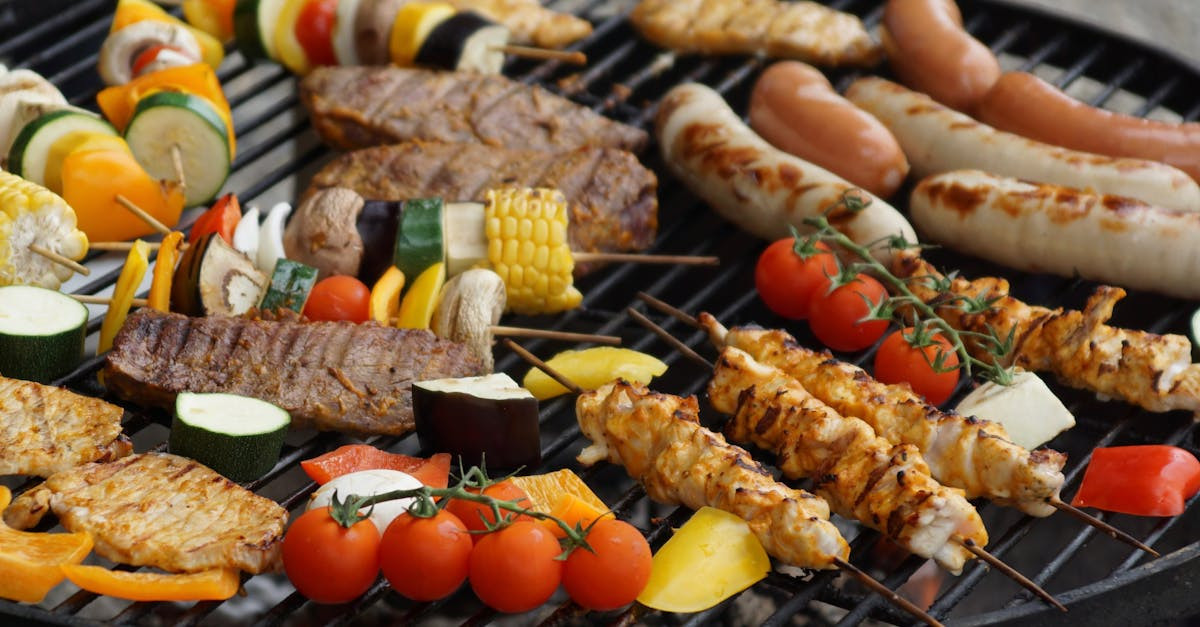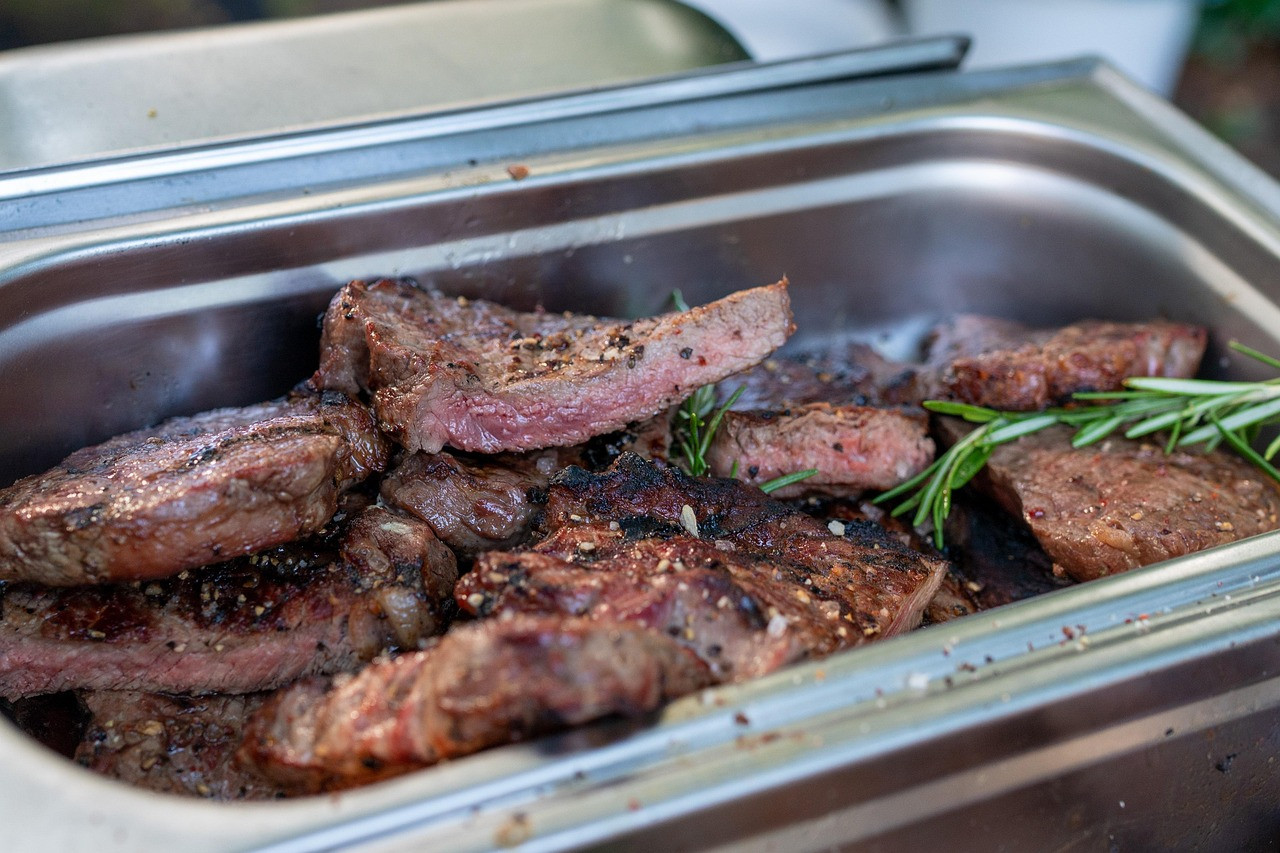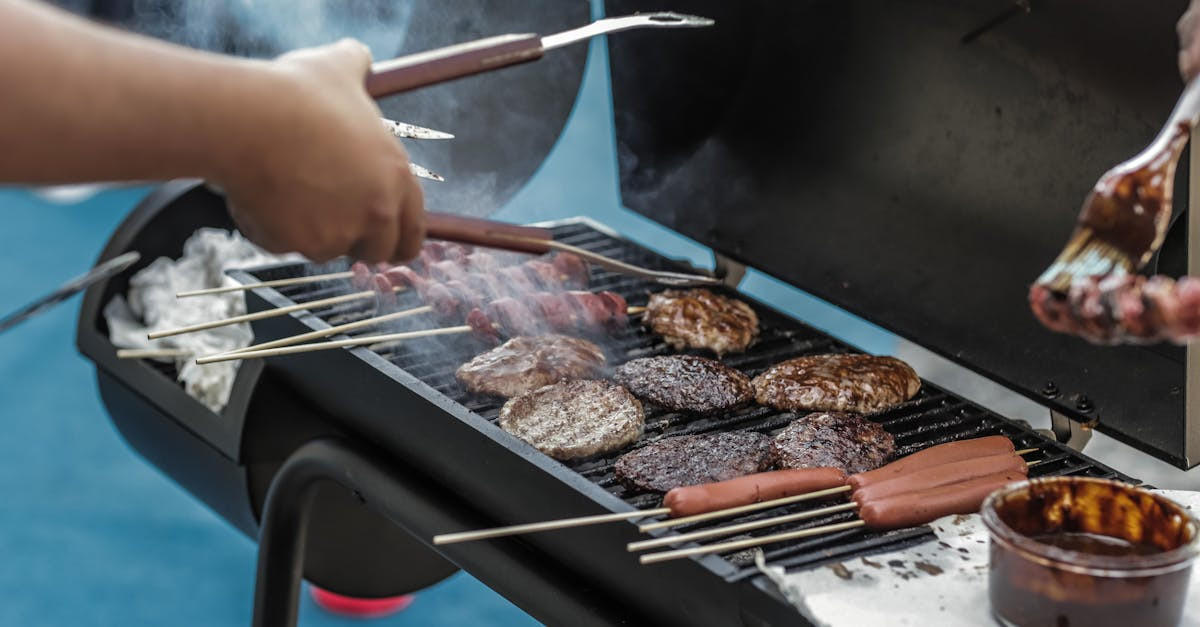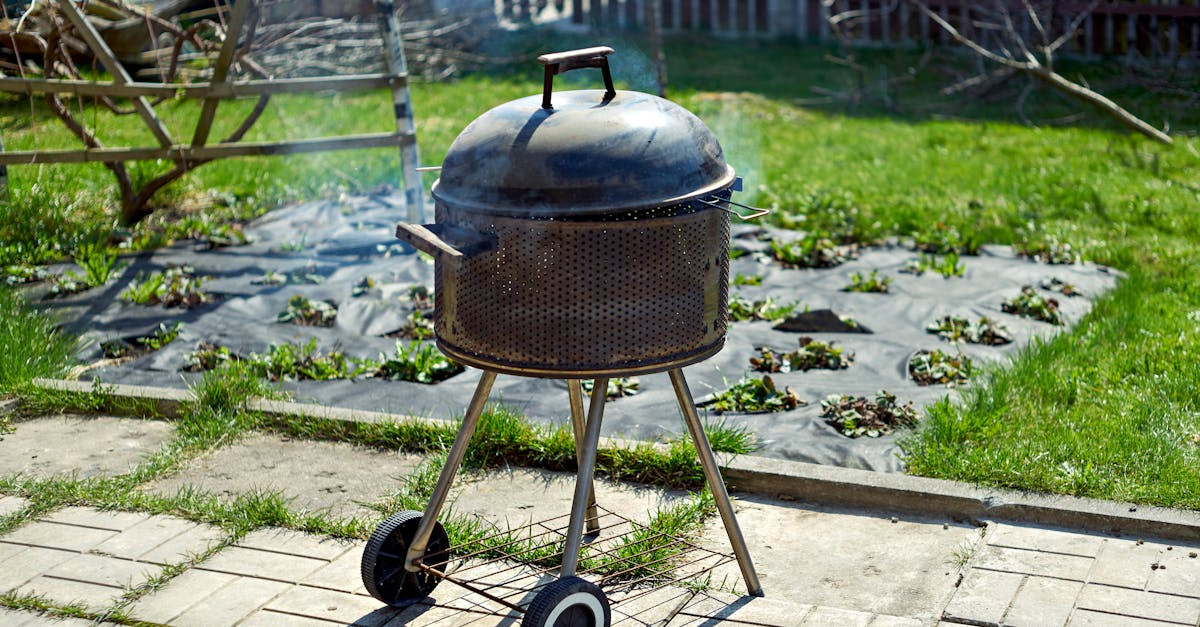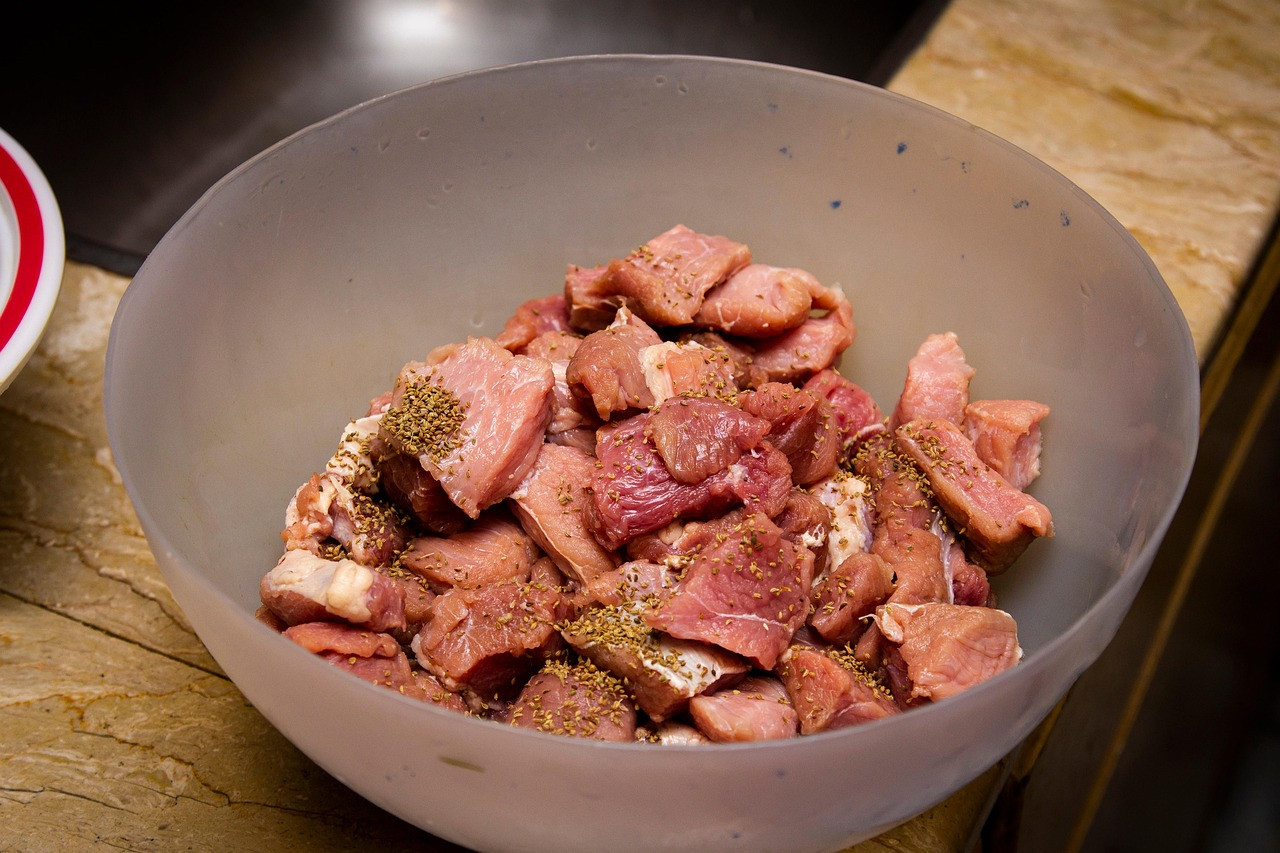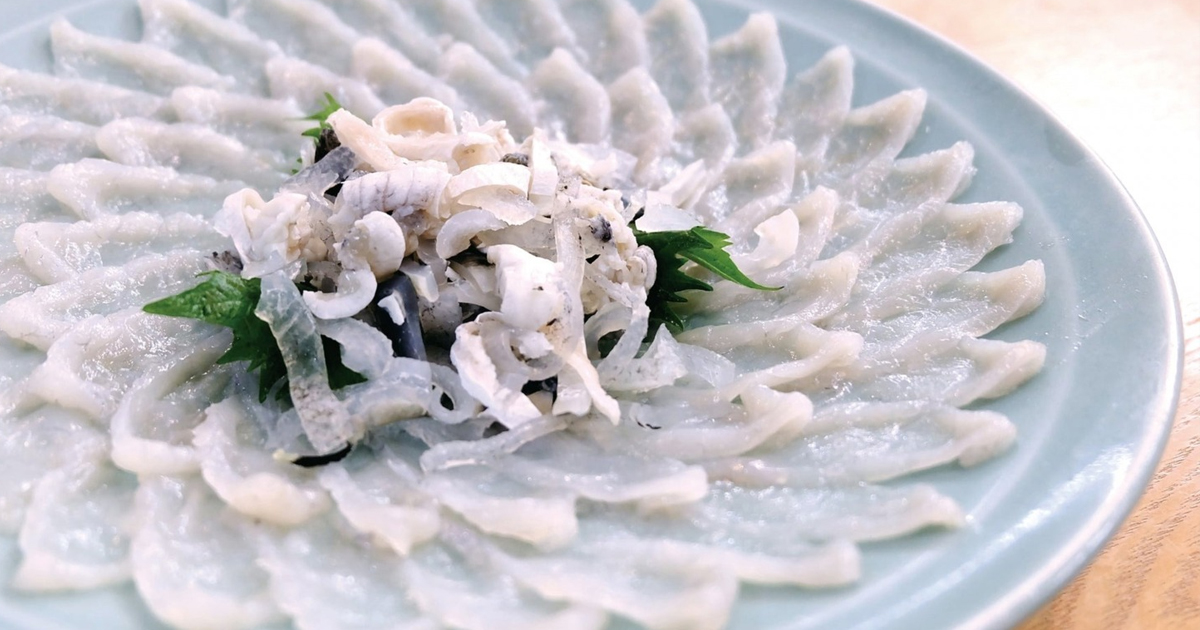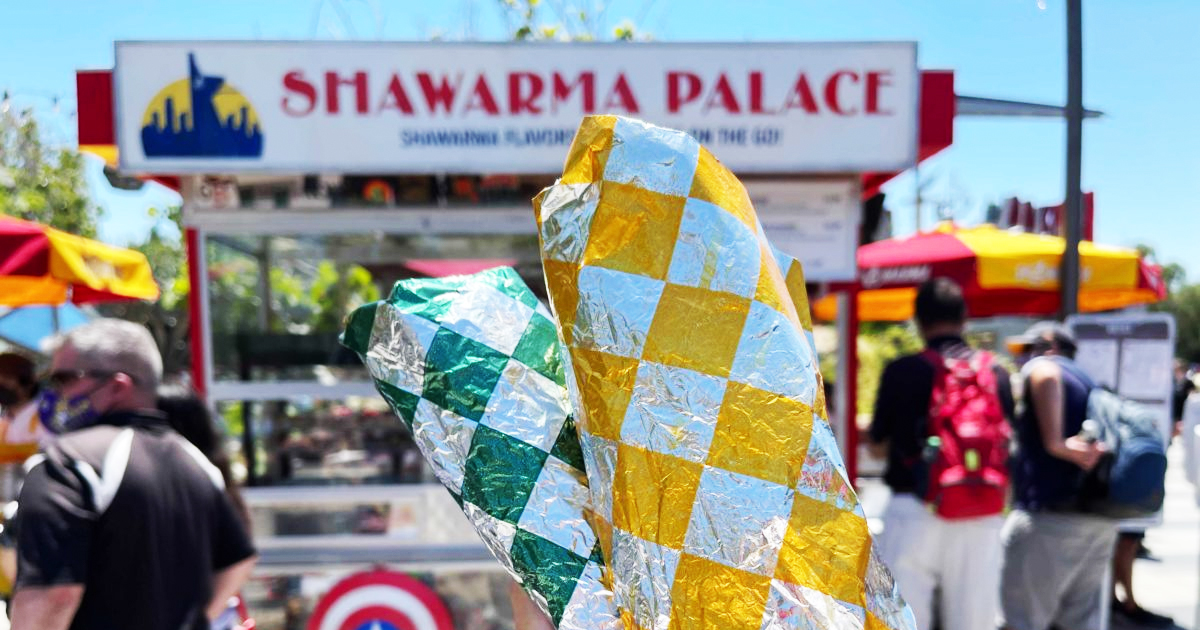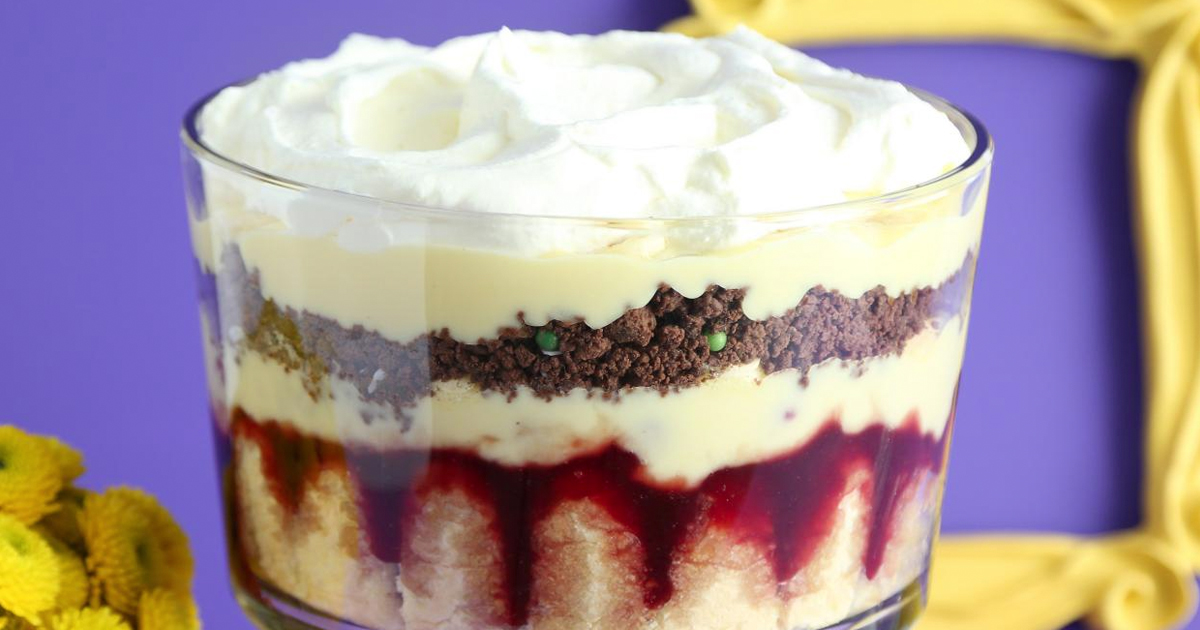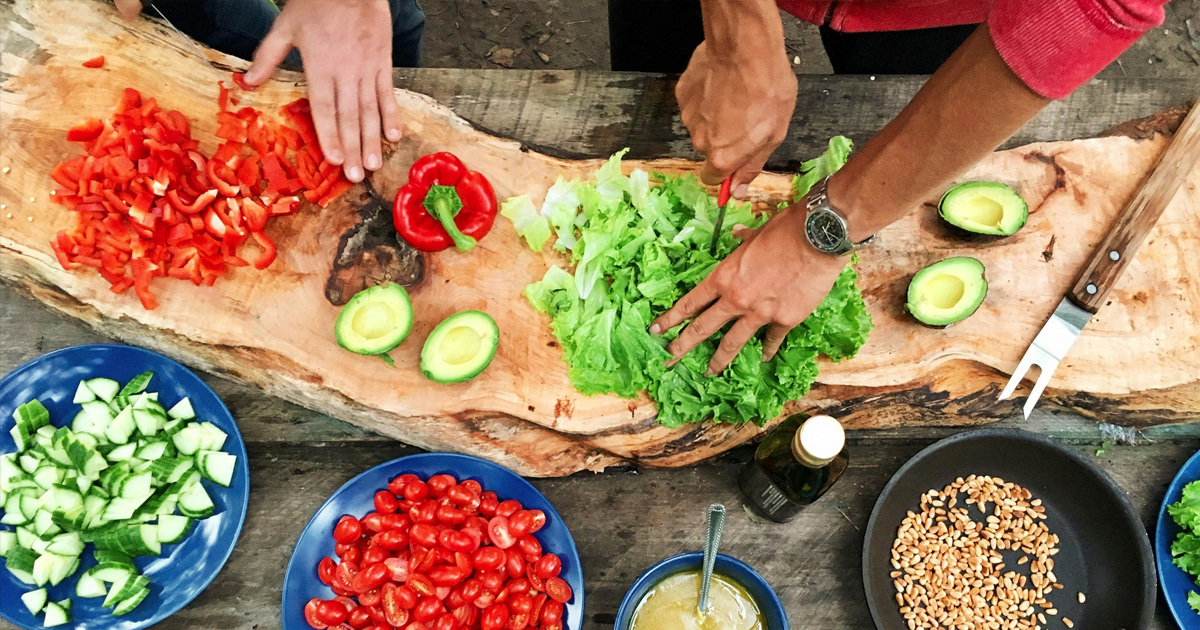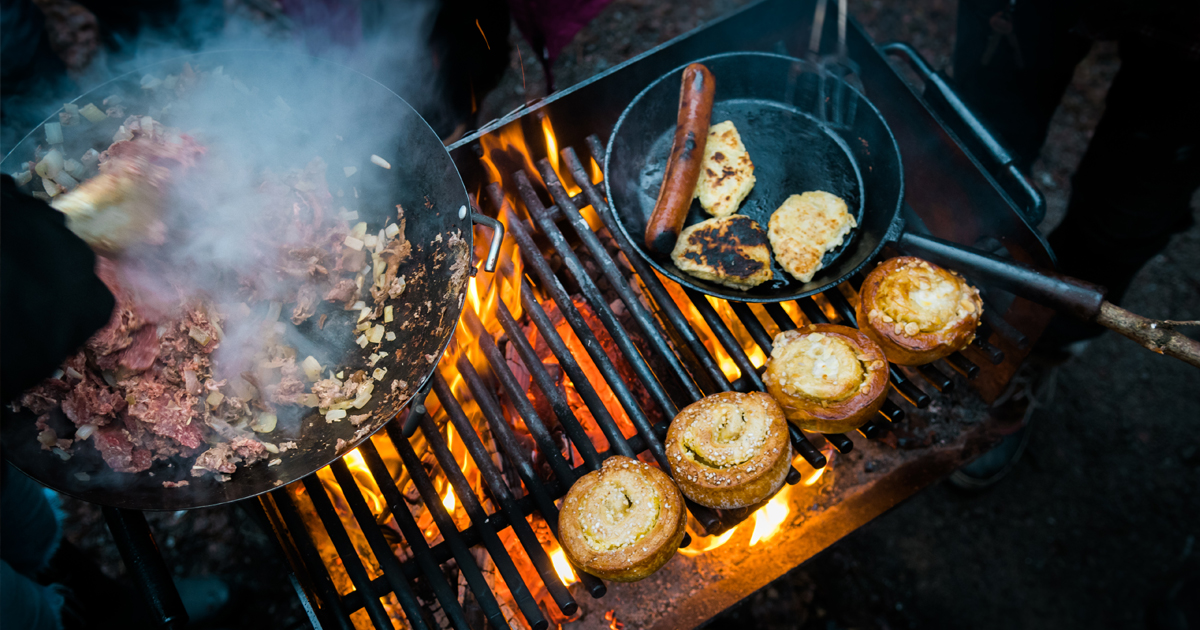It’s the best time of year to barbecue—and improve your grilling skills! While we’re confident that you’ve got your grill situation under control, you’ll want to check the following list to make sure you’re not making any of these common mistakes.
Starting With Dirty Grates
One of the most overlooked steps is cleaning the grill grates before cooking. Dirty grates cause food to stick and can affect flavor. Always preheat the grill and scrub the grates with a wire brush. Clean grates ensure better searing and reduce flare-ups caused by leftover grease.
Skipping The Preheat
Many grillers make the mistake of placing food on a cold or underheated grill. Preheating allows the grates to reach the right temperature, creating perfect grill marks and locking in juices. Allow at least 10–15 minutes for gas grills and even longer for charcoal to heat properly.
Using Lighter Fluid Improperly
Overusing lighter fluid can leave a chemical taste on your food. If you're using charcoal, opt for a chimney starter instead. It ignites the coals evenly without chemicals, providing a more natural and clean grilling experience.
Not Controlling The Heat Zones
Using only one heat level often leads to uneven cooking. Create two heat zones—direct and indirect. Direct heat sears the food, while indirect heat allows thicker cuts to cook through without burning. This method offers better control and prevents overcooking or undercooking.
Constantly Flipping The Meat
Flipping meat too often disrupts the cooking process and can dry it out. Allow each side to cook fully before flipping, creating a proper crust and sealing in juices. Typically, one flip is enough for most cuts of meat.
Pressing Down On The Meat
Pressing burgers or steaks forces juices out, leading to dry and tough results. Resist the urge to flatten meat while cooking. Let the natural juices remain inside to keep your BBQ tender and flavorful.
Overcrowding The Grill
Loading too much food on the grill can lower the temperature and restrict airflow, resulting in uneven cooking. Give each item enough space to cook properly and allow the heat to circulate freely around the food.
Ignoring Internal Temperatures
Relying on guesswork can lead to undercooked or overdone meat. Use a meat thermometer to check internal temperatures. Each type of meat has an ideal temperature for safety and taste, ensuring your food is cooked to perfection.
Using Too Much Sauce Too Early
Applying sugary sauces too soon can cause burning due to caramelization. Instead, wait until the last few minutes of cooking to brush on BBQ sauce. This allows the flavor to develop without scorching the outside.
Cutting Meat Right Away
Slicing into meat immediately after grilling releases its juices. Always let meat rest for a few minutes before cutting. Resting allows the juices to redistribute, resulting in more tender and flavorful servings.
Neglecting Marinade Safety
Reusing marinade that raw meat has soaked in can introduce bacteria. If you want to use marinade for basting, set some aside before adding the raw meat. Always discard used marinade or boil it thoroughly before reusing.
Using The Wrong Tools
Thin forks can pierce the meat, causing juices to escape. Instead, use tongs or spatulas that handle the food gently. This preserves moisture and maintains the integrity of your grilled items.
Grilling Frozen Meat
Throwing frozen meat directly on the grill leads to uneven cooking. Always thaw meat thoroughly before grilling to ensure even cooking and proper seasoning penetration.
Failing To Trim Excess Fat
Leaving large fat pockets on meat can cause flare-ups, charring the surface and leaving a bitter taste. Trim excess fat to minimize flames while still retaining enough fat for flavor and moisture.
Using Old Or Wet Charcoal
Damp charcoal burns unevenly and produces excess smoke. Always store charcoal in a dry place, and use fresh briquettes to maintain steady heat and cleaner flavors.
Neglecting The Lid
Leaving the lid open causes temperature fluctuations, leading to uneven cooking. Use the lid to maintain consistent heat, especially for thicker cuts or slow-cooking items like ribs and roasts.
Forgetting To Oil The Grates
Not everybody agrees on this one, as some people prefer to oil the meat rather than the grill. But lightly oiling the grates before grilling will help prevent sticking. Use a paper towel dipped in oil, held with tongs, and carefully rub it across the grates just before placing the food on.
Not Letting Coals Ash Over
For charcoal grilling, start cooking only once the coals are covered with a thin layer of gray ash. This indicates they are at optimal temperature for grilling, providing even heat and reducing flare-ups.
Failing To Plan Ahead
Good BBQ requires preparation. Thaw meats, prepare marinades, and have your tools ready before starting the grill. Planning ahead ensures a smooth, enjoyable cooking experience without last-minute stress.
Ignoring The Importance Of Ventilation
Both gas and charcoal grills need proper airflow to function efficiently. Make sure vents are open and unobstructed to maintain consistent heat and reduce the risk of flare-ups or incomplete combustion.
You May Also Like:
40 Common Kitchen Mistakes—And How to Avoid Them
The Knife Skills Guide: The Proper Way To Cut Your Veggies And Meats

